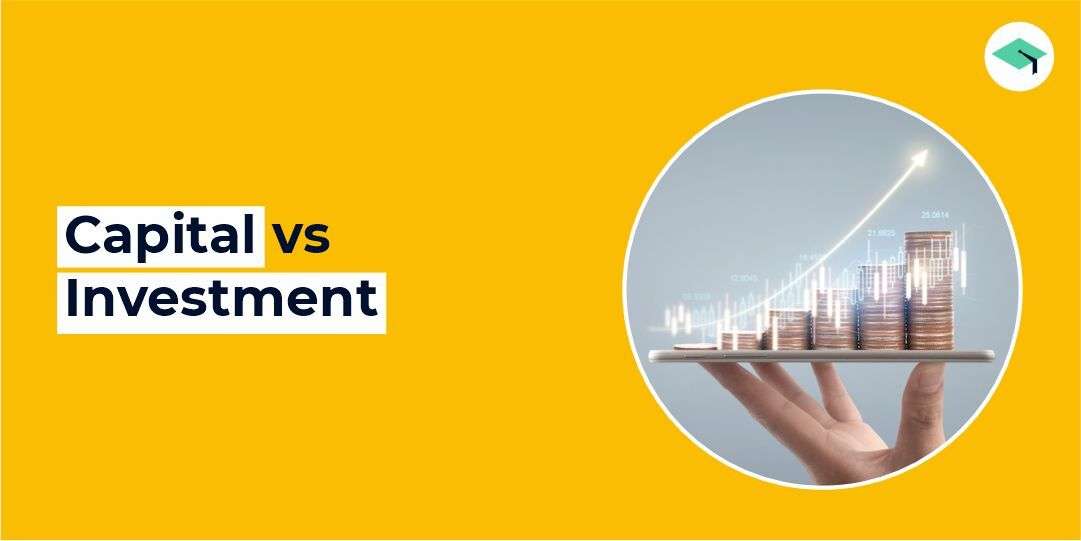What Is Investing? How Can You Start Investing?

Investing involves the purchase of assets with the intent of holding them for the long term, while speculation attempts to capitalize on market inefficiencies for short-term profit. Although speculators make informed decisions, speculation cannot usually be categorized as traditional investing. Net Present Value (NPV) is a financial metric that calculates the difference between the present value of cash inflows and outflows over time, helping to assess the profitability of an investment. Investing is the act of distributing resources into something to generate income or gain profits. The type of investment you choose might likely depend on what you seek to gain and how sensitive you are to risk. Price volatility is often considered a common measure of risk, but a comparatively lower investment size can offset price volatility.
Get in Touch With a Financial Advisor
On the other hand, inadequate capital at the outset may impede progress and result in financial difficulties. Where bank accounts are concerned, an initial investment is usually little more than a primary deposit. Most financial institutions will only issue checking, savings, or other accounts to customers who are committed to keeping at least a little bit of money in them. In most cases, an initial investment is the first of many more payments and deposits that will happen over the lifetime of the account or investment vehicle. More money is usually added or invested over time, and the capital is most often intended to grow.
- Divide by the cost of the investment and you have the return on investment.
- People looking to invest in real estate without having to own or manage real estate directly might consider buying shares of a real estate investment trust (REIT).
- If you’re risk-averse, choosing stocks and options may not be the best choice.
- However, there is always the risk that the company runs short of funds and is forced to cut or completely eliminate the dividend.
What Are the Basic Types of Investments?

It covers essential expenses such as infrastructure, equipment, and initial operational costs in businesses. Also, it facilitates business expansion, allowing ventures to explore new markets, introduce new products, or enhance production capacity. The foremost one is the potential for financial loss, especially if the business, asset, or project fails to meet expectations, which indicates that such a contribution doesn’t guarantee success. Moreover, the investors or lenders may anticipate rapid returns, imposing pressure on the business to generate profits swiftly. Also, economic uncertainties or unforeseen market changes can significantly impact the return on investments (ROI).
Example of Initial Cash Flow Analysis
Historically, these three main asset classes are stocks (equities), bonds (fixed-income), and cash equivalents (savings accounts, money market funds). However, investing options can also include real estate, commodities, cryptocurrencies, or other financial derivatives that could be added to the asset class mix. Part IV of this book therefore begins in Chapter 14 with a survey of what is known about factors that influence investor effort. There are various legal and economic factors at play in laying down the foundations of an investment.
Robo-Advisor Investing
She estimates the funds required to initiate the new business, including startup costs such as premises, software, marketing, personnel, and initial operational expenses. Using discounted cash flow analysis, the future value of the cash flows over the life of the project is brought back to its present value to help determine whether it is worth the investment. Franchising and small business ownership is one place where initial investments are common in the business world.
Some stocks also pay dividends, which are small regular payments of companies’ profits. In the most straightforward sense, investing works when you buy an asset at a low price and sell it at a higher price. Earning returns by selling assets for a profit—or realizing your capital gains—is one way to make money investing. Capital budgeting decisions involve careful estimation of the initial investment outlay and future cash flows of a project. Correct estimation of these inputs helps in taking decisions that increase shareholders wealth. Initial investment is the amount required to start a business or a project.
Deciding your investment strategy depends on how much money you can invest and the level of risk you are willing to take. Regularly investing helps you take advantage of natural market fluctuations. When you invest a consistent amount over time, you buy fewer shares when prices are high and more shares when prices are low. Over time, this may help you pay less on average per share, a principle known as dollar-cost averaging.
The SEC’s Office of Investor Education and Advocacy urges investors to confirm that their investment professional is licensed and registered. Commodities include metals, oil, grain, animal products, financial instruments, and currencies. They can either be traded through commodity futures—agreements to buy or sell a specific quantity of a commodity at a specified price on a particular future date—or ETFs. In addition to regular income, such as a dividend or interest, price appreciation is an important component of return. Total return from an investment can thus be regarded as the sum of income and capital appreciation. Commodities and derivatives are generally considered to be among the riskiest investments.
As we know, this form of financing is particularly onerous due to the high number of consultants needed for project development. The fees paid to these professionals are the most sizeable component of this cost category. Investment is a word commonly used to describe the acquisition of pretty much 7 things loyalty really means in a relationship anything that is assumed to save the owner money in some way, such as fuel-efficient cars and solar panels. In reality, anything that loses value shouldn’t be categorized as an investment. Instead, an investment is something that is purchased with the expectation that it will rise in value.
Initial cash flow is factored into the discounted cash flow analysis that is used to evaluate the feasibility of a project. A financial metric that measures the expected annual profit from an investment as a percentage of the initial cost. Similarly, it is generally clear that PPPs are indeed undertaken in addition to other forms of public-sector investment not in substitution for it.


Comments
No comment yet.